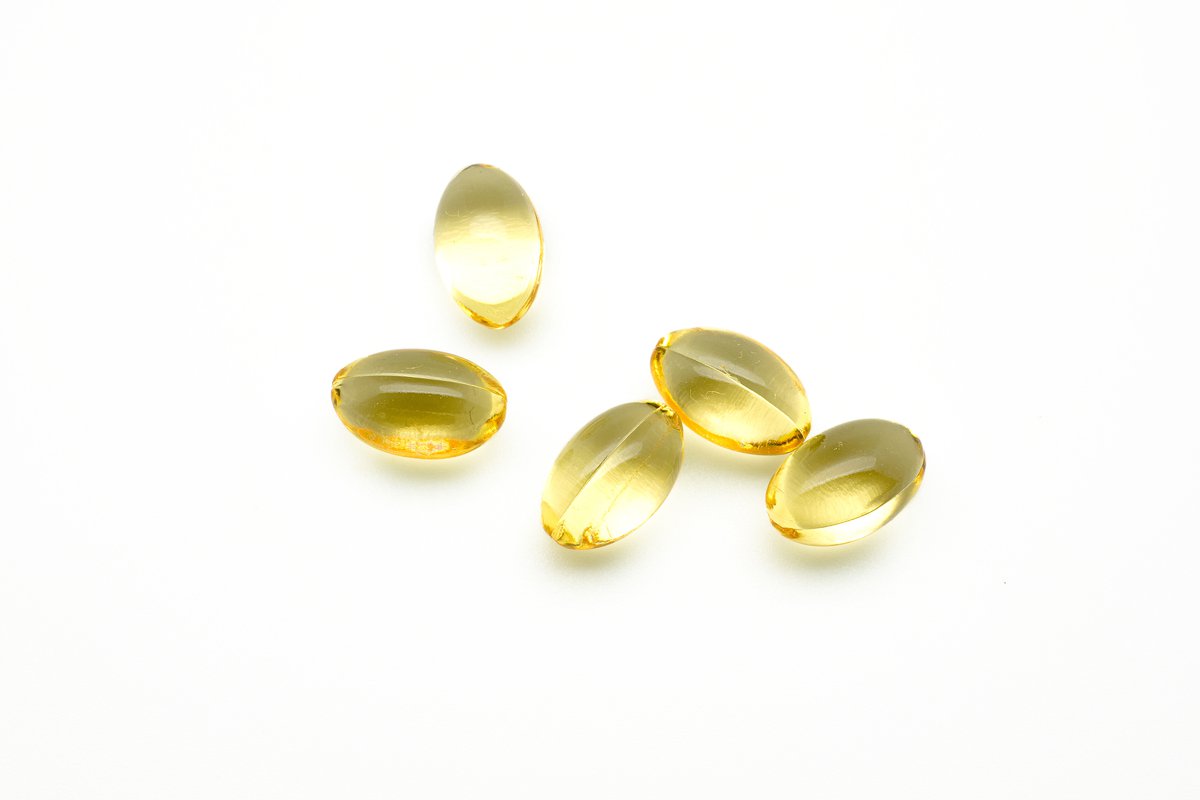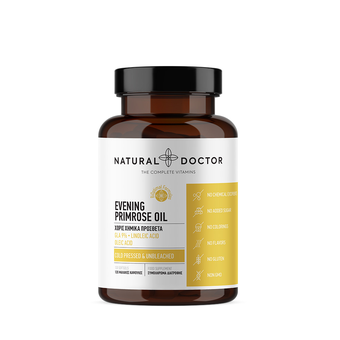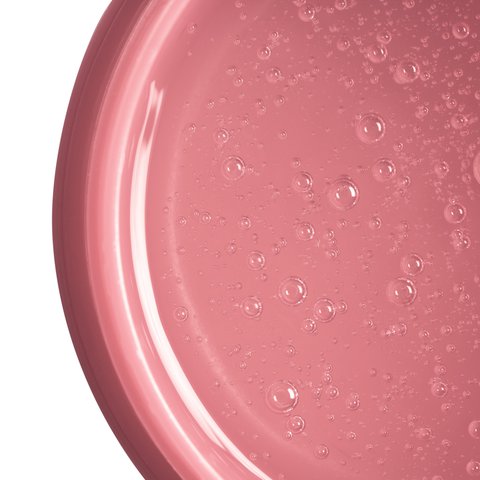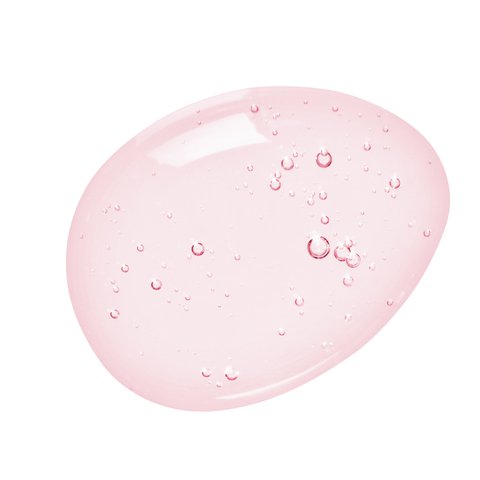Women's favourite flower, evening primrose oil.

Evening primrose oil comes from the flower seeds of a plant that grows in North America. This plant is traditionally used for the following symptoms:
- hot flashes
- water retention
- menstrual cramping
- breast tenderness
The therapeutic effects of this plant are probably due to its high gamma-linolenic acid (GLA) content. GLA is an omega-6 fatty acid found primarily in vegetable oils. Below are some of the health benefits of evening primrose oil.
Premenstrual syndrome (PMS) and evening primrose oil
Premenstrual syndrome refers to a set of physical and psychological symptoms that women of reproductive age often experience before and during their period. What are the symptoms of premenstrual syndrome?
The most common symptoms are the following:
- Swelling in the abdomen
- Breast tenderness
- Flatulence
- Headache
- Abdominal cramps
- Abdominal pain
- Increased appetite
- Fluid retention
- Fatigue
- Acne flare-up
- Diarrhea or constipation
- Mood changes
A study conducted by Dr. D. F. Horrobin at St Thomas's Hospital, London in women, showed that the use of evening primrose oil significantly improved PMS symptoms.
The women who participated had, before this study, tried other treatments, such as pyridoxine therapy, which did not bring the expected results.
To evaluate the recommended dosage in women with premenstrual syndrome three days before the expected start of the period, four evening primrose oil capsules of 500 mg were administered daily, for a total of 2000 mg and up to 3000 mg.
The results of supplementing with evening primrose oil were positive as approximately 60% of the participating women reported an excellent response with relief of all symptoms, while an additional 20% reported partial relief.
According to another 2010 study, an evening primrose oil supplement was effective in relieving PMS and symptoms such as:
- depression
- irritability
- bloating
It usually takes 500 to 6,000 mg of the oil one to four times a day for ten months to relieve such symptoms.
It can help reduce hot flashes and sweating
Menopause and lower estrogen levels during menopause are associated with a number of symptoms that can affect a woman's quality of life and well-being.
Symptoms women experience during this period include night sweats, hot flashes, vaginal dryness, mood swings, joint pain, palpitations, and insomnia.
Hot flashes and excessive sweating especially during the evening are the most frequent symptoms that can affect social activities, mood, concentration, sexual activity and the quality of life.
The word "hot flashes" describes the sudden onset of redness of the scalp, neck and chest, accompanied by a feeling of intense heat in the body. These symptoms are more frequent at night and cause night sweats and sleep disturbances.
In summary, the results of the present study showed that evening primrose oil was effective in reducing the frequency and severity of night sweats.
Evening primrose oil can also reduce hot flashes, the most common symptom of menopause. One study showed that women who were consuming 500 mg of evening primrose oil daily for six weeks experienced less intense hot flashes and were more inclined to socialize and engage in sexual activity.
Therefore, this natural and safe remedy can be useful in alleviating some symptoms associated with menopause.



